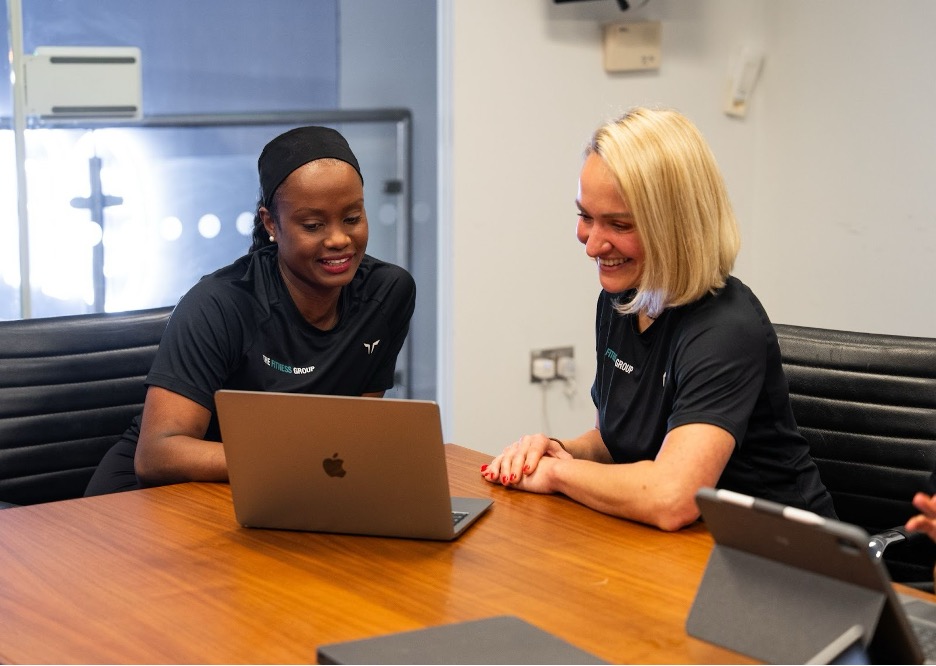Gone are the days when a 9-to-5 job in an office was the pinnacle of aspiration. More and more employees are realizing the detrimental effects of a sedentary lifestyle and constant corporate stress on their energy levels. And the results haven't been long in coming. More and more Brits are making a career shift, opting for a new profession over a promotion. Moreover, active pursuits that keep them from settling down are a priority. In this article, we will examine this trend in detail.
Why Brits Are Leaving Their Offices
There's no definitive answer to this question. Several factors are behind this trend, which, taken together, have led to this result:
- Health care. This includes both physical and mental health. Sitting for long hours at a computer often causes back problems; computers can damage eyesight; and irregular meals can lead to stomach problems. Furthermore, the constant stress of running can be exhausting and lead to burnout.
- Accessibility of retraining. While people previously had no idea how to get started in the fitness industry, personal training courses are now readily available, allowing you to find work almost immediately.
- Visible results of work. While in an office, the role of many employees goes completely unnoticed; in a fitness studio, it's immediately apparent. Seeing clients' happy faces gives a trainer a sense of satisfaction.
- Increased demand for professionals. The pandemic has exposed the consequences of a sedentary lifestyle. Furthermore, modern people understand the importance of maintaining health. Therefore, the demand for good trainers has increased.
- Flexibility and independence. Being a coach allows you to create your own schedule, combine in-person and online sessions, and work in different locations.
All these factors add up to one big picture: fitness is no longer just a hobby but a full-fledged professional field, attractive to people of all ages and professions.
How the Training Works and What to Expect
The professional retraining system is logical and straightforward. Even someone with no fitness experience will find it easy to choose a program. Depending on their starting level, a suitable program can be selected. Together, these steps form a coherent system that provides a clear, logical path from amateur to professional.
Those seeking retraining are most often offered a choice of three programs:
- A basic qualification, which qualifies them to work in fitness clubs and assist clients in the gym. Students often don't stop there and continue to improve.
- The next step opens the door to independent work and building their own client base. Graduates of this level can work as full-fledged specialists.
- An advanced level allows for development in specialized areas, such as rehabilitation, functional training, or working with the elderly.
Most schools offer hybrid training: online theory and in-person practice at their gyms. This is convenient for those who are still working and can't afford full-time employment. The program includes modules on anatomy, exercise technique, customer service, and business skills—after all, trainers today are often both marketers and entrepreneurs.
Figures That Confirm the Trend
The statistics speak for themselves. According to UK Active, there are over 57,000 fitness instructors and trainers working in the country, and this number is growing every year. The personal training market is valued at approximately £630 million, and the number of women training to become trainers has increased by a quarter since 2016.
At the same time, interest in private studios and mobile trainers is growing, especially among Generations Y and Z, who value a personalized approach and digital solutions. Overall, the figures confirm the obvious: the UK fitness industry is becoming one of the most dynamic areas for retraining and self-employment.
Not Just Pros: What Difficulties Do Beginners Face?
Of course, the path to a new profession isn't without challenges. And if you're viewing the fitness trainer profession through rose-colored glasses, it's time to take them off. The following requirements await you on the path to your desired goal:
- Financial start-up. Courses, insurance, and sports equipment all require investment.
- Competition. In large cities, the market is already saturated, and you can only stand out through the quality of your services and a unique presentation.
- Income instability. At the beginning, the number of clients can fluctuate from month to month.
- Physical activity. The profession requires endurance and constant care for your body.
- Continuous development. New trends, techniques, and safety standards emerge annually, and it's impossible to stay current without training.
Taken together, these factors create a certain barrier to entry, but it is precisely this barrier that weeds out casual applicants and fosters a professional community where knowledge, energy, and responsibility are valued.
Conclusion
The transition from an office desk to a barbell isn't just a metaphor, but a true story told by thousands of people across the UK. They're tired of routine work, endless video calls, and KPIs, and are choosing a profession where they can see results, inspire others, and live a more active life.
Yes, the path isn't always easy. But those who've made it share one thing: physically working with people gives a sense of satisfaction that's hard to find behind an office monitor. And perhaps that's why more and more Brits are changing not just their careers, but their very approach to life.
Media Contact
Steven Dick
steven.dick@thefitnessgrp.co.uk


